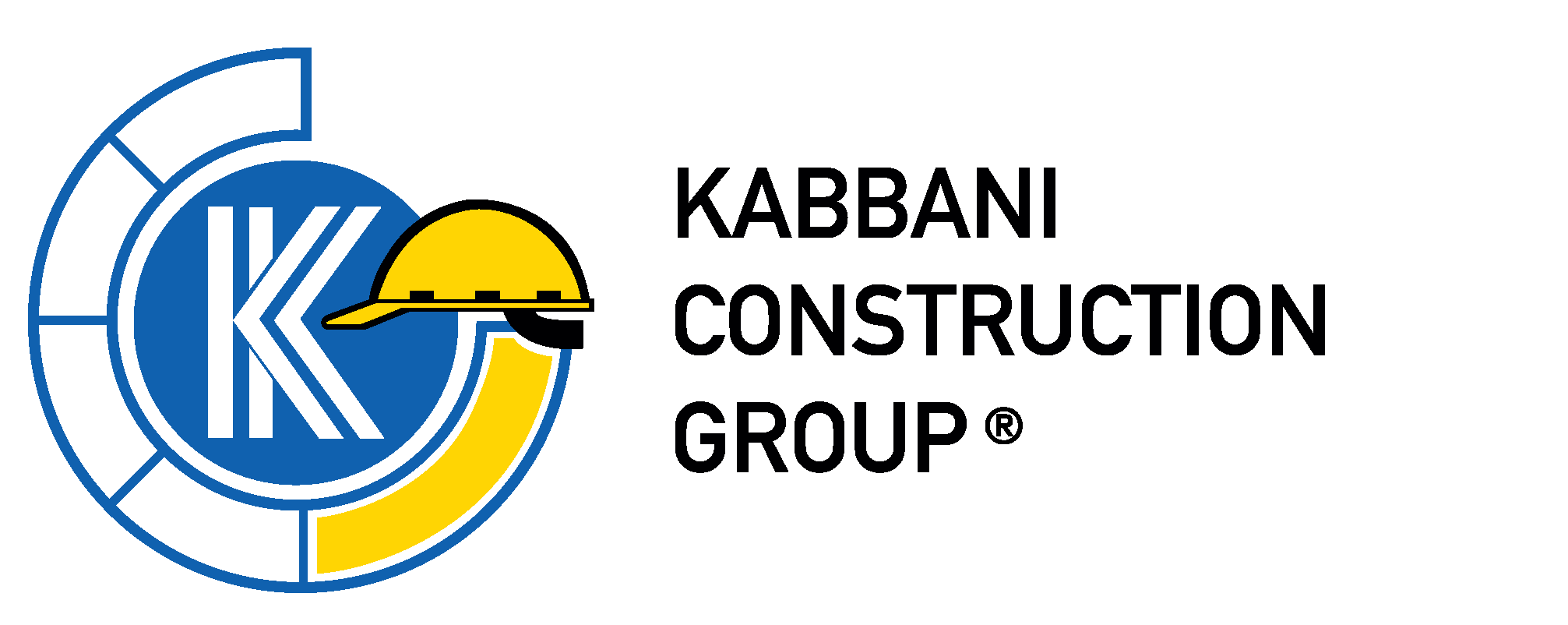Creating transparency is the highest objective of good corporate governance. This provides information on structures and processes, area of responsibility and decision procedures as well as rights and obligations of various stakeholder.


Home » Corporate Governance

Creating transparency is the highest objective of good corporate governance. This provides information on structures and processes, area of responsibility and decision procedures as well as rights and obligations of various stakeholder.
The Board of Managers is KCG’s highest governing body. The main responsibility of the Board is to oversee the management of business and affairs of the Group. In this regard, the Board establishes policies, reporting mechanisms and procedures in view of safeguarding the assets of the Group and ensuring its long-term viability, profitability and development. The Board is committed to promoting an environment of corporate responsibility and ethical values with respect to KCG. The Board is composed of the CEO, CFO, General Managers and National Managers. The Board seeks to discharge such responsibility by reviewing, discussing and approving the Group’s strategic planning and organizational structure, and supervising management to oversee that the strategic planning and organizational structure enhance and preserve the business and underlying values of the Group. The best interests of the Group must be paramount at all times.
The Chairman of the Board of Managers carries the responsibility of ensuring that the Board executes its mandate effectively, efficiently and independently.
The chair of the board shall and will be the residing Chief Executive Officer (CEO) of the Group. The Chair of the Board shall be responsible for the organization and efficient operation of the Board and its committees. The Chair will ensure effective communication between the Board and management.
The Board has established five standing committees – the Corporate Governance Committee; the Corporate Communication Committee; the Finance and Risk Committee; the Human Resources Committee; and the Management Information Systems Committee. In addition to these regular committees, the Board may appoint ad hoc committees periodically or as needed.
Each of the committees shall be composed of members of the Board, having regard to the needs of each committee and the expertise of individual members of the Board, and any applicable regulation.
The Corporate Governance Committee is generally responsible for the governance of the Board and recommending to the Board
the required amendments to the Board of Manager’s Mandate. The Committee is also responsible for developing the Group’s approach to corporate governance. In addition, this Committee is responsible for maintaining an effective working relationship between the Board and management.
The Corporate Communication Committee is responsible for the overseeing of the company’s policies and practices pertaining to its occupational health and safety, environment, communication, corporate contributions, public and social matters and the company’s relationship with its strategic suppliers and customers and finally media.
The Finance and Risk Committee is generally responsible for reviewing and inquiring into matters affecting the integrity and performance of the Group’s financial reporting, the system of internal accounting and financial controls and procedures, and financial procedures and plans; overseeing the Group’s policies and practices relating to corporate compliance and risk management strategies; recommending to the Board the appointment of the external auditors; and reviewing with management and reporting to the Board annually on the Group’s financing plans and objectives.
The Human Resources Committee is generally responsible for overseeing the Group’s policies and practices with respect to its human resources; reviewing recommendations for the appointment of persons to senior executive positions; considering terms of employment, including succession planning and matters of compensation; recommending to the Board the goals and objectives used to determine executive leadership compensation; and evaluating the executive leadership team’s performance and making recommendations to the Board with respect to any incentive compensation plans.
The Management Information Systems Committee is generally responsible for overseeing the Group’s direction with regards to information technology. The committee shall ensure the implementation of the board’s will in terms of information technology and will recommend technologies and courses of action in that regards.
The Board has oversight responsibility to participate directly, and through its committees, in reviewing, discussing and approving the mission of the Group, its goals and objectives.
The Board is responsible, on at least an annual basis, for reviewing the business, financial and strategic plans by which it is proposed that the Group may reach its objectives and goals.
The Board is responsible for adopting processes for monitoring the Group’s progress toward its strategic and operational goals, revising
and altering its direction to management in light of changing circumstances affecting the Group, and taking action when Group performance falls short of its goals or other special circumstances warrant.
The Board is responsible for providing input to management on emerging trends and issues and on strategic plans, objectives and goals that management develops.
The Board is responsible for the identification of the principal risks of the Group’s business, including strategic, financial, operational and reputation risks, and ensuring the implementation of appropriate systems to effectively monitor and manage such risks with a view to the long-term viability of the Group. The Board will endeavor in good faith and in its business judgment to achieve a proper balance between the risks incurred and the potential return to the Group’s owners.
The Board is responsible for taking reasonable steps to ensure the implementation and integrity of the Group’s internal control and management information systems.
The Board is responsible for approving the audited financial statements, interim financial statements and the notes and Management’s Discussion and Analysis accompanying such financial statements. Approval of interim financial statements and Management’s Discussion and Analysis accompanying such financial statements may be delegated to the Finance and Risk Committee.

